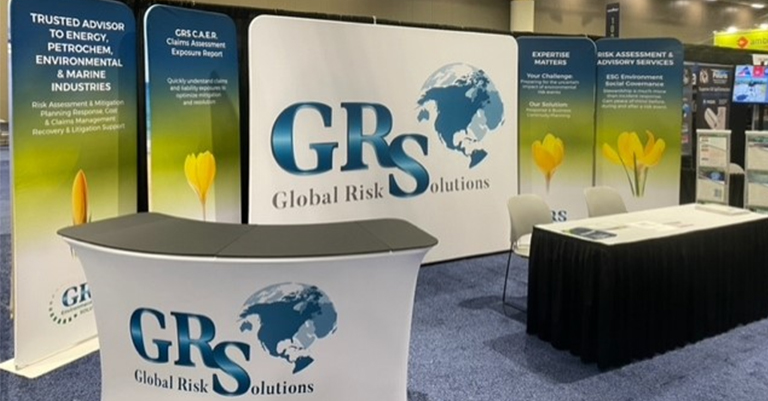In recent years, the world has witnessed a growing concern for the environment and a shift towards more sustainable practices in various industries. Trade shows, while essential for business growth and networking, can be notoriously wasteful, generating massive amounts of plastic, paper, and energy consumption.
However, it is possible to make a positive impact and contribute to a greener future by adopting sustainable solutions for exhibiting at trade shows. Let’s highlight a few eco-friendly practices that can help businesses showcase their products and services while minimizing their environmental footprint.
1. Eco-Friendly Booth Design
One of the first steps in achieving sustainability at trade shows is to focus on eco-friendly booth design. Opt for modular exhibits made from recycled or renewable materials, which can be reused for multiple events. Consider using non-toxic paints and adhesives to ensure the materials do not emit harmful fumes. Additionally, use LED lighting fixtures, which are energy-efficient and have a longer lifespan than traditional lighting options.
2. Digital Marketing and Collaterals
Embrace digital marketing and collaterals to reduce paper waste. Instead of printing hundreds of brochures and flyers, create digital versions that attendees can access via QR codes or on your website. Utilize interactive displays and multimedia presentations to engage visitors and provide information about your products and services in a more sustainable manner.
3. Sustainable Giveaways
Promotional giveaways are a popular aspect of trade shows, but they often end up as short-lived novelties or waste. Instead, opt for sustainable giveaways that align with your brand and values. Consider items like reusable water bottles, tote bags made from recycled materials, or eco-friendly stationery. Not only will these items leave a positive impression on attendees, but they will also promote environmental consciousness.
4. Offset Carbon Emissions
Trade shows often involve significant travel and energy consumption, leading to a substantial carbon footprint. To counteract this impact, businesses can invest in carbon offset programs. These programs support projects that reduce or capture greenhouse gas emissions, such as renewable energy installations, reforestation, or sustainable farming initiatives. By offsetting your trade show-related carbon emissions, you can demonstrate your commitment to sustainability and contribute to a cleaner planet.
5. Waste Reduction and Recycling
Implementing a waste reduction and recycling plan is crucial during trade shows. Work with the event organizers to ensure proper waste segregation and recycling facilities are available. Minimize single-use items and opt for reusable containers and cutlery for any food or beverage offerings at your booth. By making it easy for attendees to dispose of their waste responsibly, you can contribute to a cleaner and greener event.
6. Encourage Public Transport and Green Commuting
Encourage your staff and visitors to use public transport or carpooling to reach the trade show venue. Provide information about eco-friendly transportation options and offer incentives for those who choose greener commuting methods. By reducing the number of individual vehicles on the road, you can collectively decrease the carbon footprint of your trade show participation.
Conclusion
Green exhibiting at trade shows is not only an ethical choice but also a smart business decision. Consumers are increasingly gravitating towards eco-conscious brands, and showcasing your commitment to sustainability can help your business stand out from the competition. By adopting sustainable booth design, embracing digital marketing, providing eco-friendly giveaways, offsetting carbon emissions, implementing waste reduction strategies, and encouraging green commuting, you can make a positive impact on the environment while making valuable connections with like-minded consumers. Let’s work together to create a more sustainable future, one trade show at a time.


